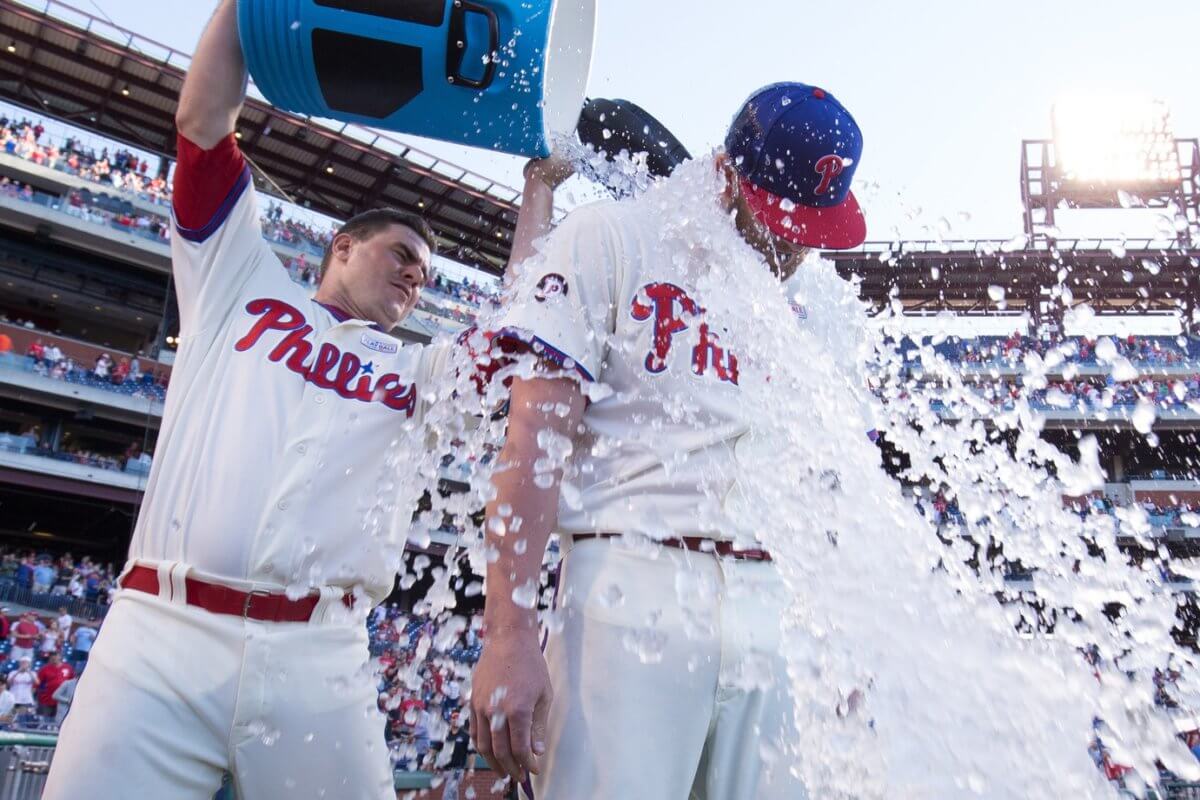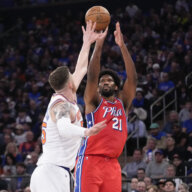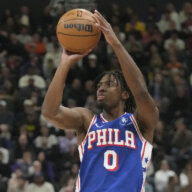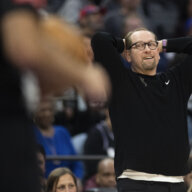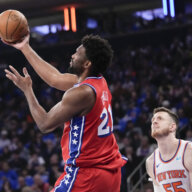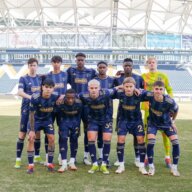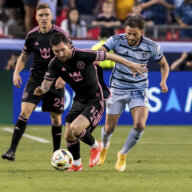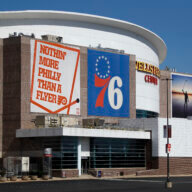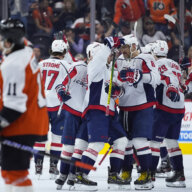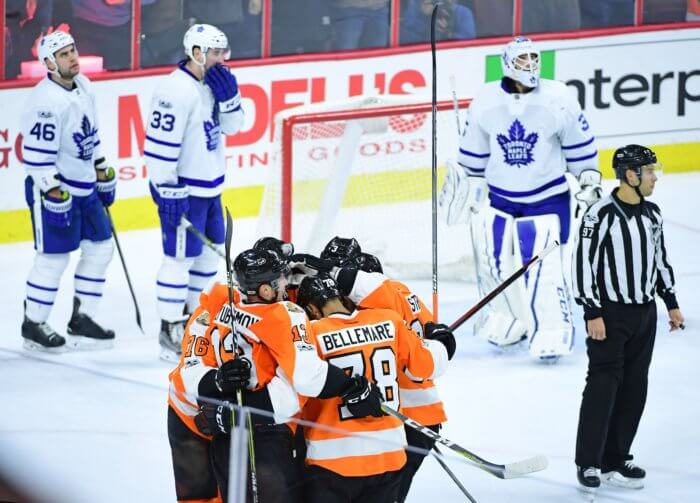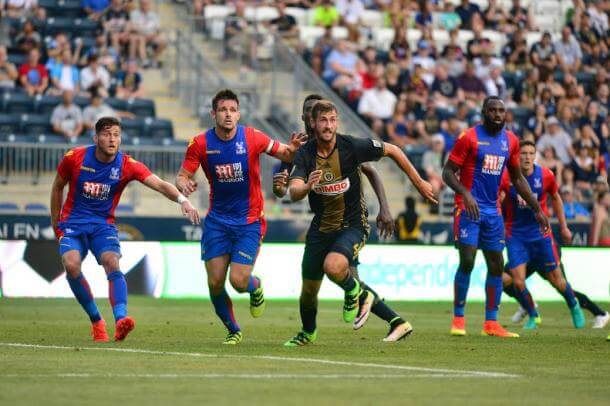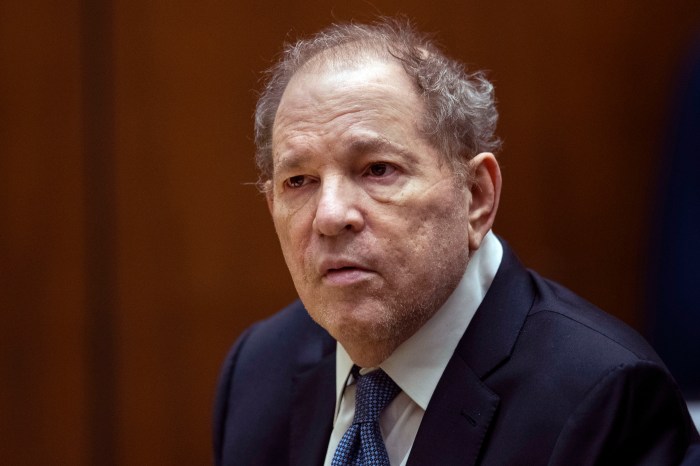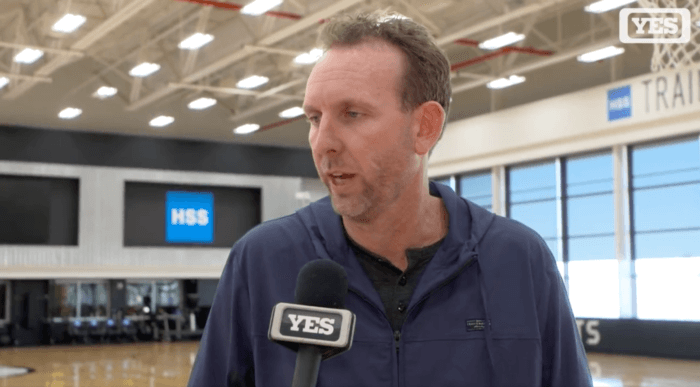Ben Lively made his Major League debut Saturday afternoon against the San Francisco Giants. Prior to making his first big league start, Lively had pitched extremely well down in the minor leagues. Over the last two seasons, between AA Reading and AAA Lehigh Valley, Lively had compiled 24 wins to just six losses, all while posting a sub-2.50 ERA in over 220 innings pitched. So the call up was warranted after Vince Velasquez went on the DL with an injury we now know to be more serious than originally anticipated.
Lively threw seven very productive innings on Saturday, keeping the Giant hitters off balance all afternoon long. He allowed just one run, scattering four hits. The lone run came on a second inning sacrifice fly from Orlando Calixte. He also only had to throw 98 pitches in his seven innings of work.
With the win, Lively became the first starting pitcher to win his Major League Debut with the Phillies since Jarad Eickhoff did it back on August 21, 2015 against the Marlins. Now, for some teams, that long of a stretch isn’t necessarily a bad thing, as it likely would indicate that the team has had consistent, productive pitching over the span. But for the Phillies, who have had anything but consistency from their starters over the last two plus seasons, that’s not really a stat you want to hear.
But for all the hoopla surrounding Lively’s first start that momentarily changed the demeanor of Phillies fans for one brief juncture in an otherwise abysmal season, there are a few things we have to remember.
First, it was, in fact one start. I’m extremely to happy to see the young man shake the jitters of pitching in your first Major League ballgame aside and throw a gem. And I know that team’s have tape on every pitcher nowadays, even the ones in the Minor League, so it wasn’t a complete shock to see what Lively was throwing. But we have to take this start for what it was, and that’s a hopeful look into a bright future of Lively. We can’t any more than that right now because we don’t know how the rest of his career is going to unfold. It would be fantastic if he goes on to be a perennial All-Star, but it’s way to soon to tell. Before we go touting Lively as the next Roy Halladay, let’s see what the kid can do in his next outing, which should be in Atlanta this week. He’s earned at least one more start.
Second, let’s discuss the offense Lively faced. The Giants aren’t really world beaters anymore. Outside of Busty Posey, no Giant hitter is batting over .300. The next best batting average is Eduardo Nuñez’s .286. Past that, you’re looking at a ton of .260’s, .240’s and worse. The Braves aren’t going to be a stellar offense either, but the test will be that the game is on the road and not in the friendly confines of Citizens Bank Park.
But here’s my biggest qualm with crowning Lively the next Cy Young: his stat line. Ben Lively was good, please don’t get me wrong, but he had one major flaw. Take a look at how many strikeouts Lively had against the Giants on Saturday. That’s right, it’s zero. Now I don’t want you to think that Lively couldn’t be successful if he doesn’t strike out ten a game, but it’s very difficult to win with zero strikeouts. Lively pitched to contact, and that’s a successful formula to keeping your pitch count low, but pitching to contact is often a luck game. Do you remember watching Jamie Moyer pitch a few years ago? He could throw the exact same pitches in two separate starts and in one, get shelled and the next, toss a gem. That’s what happens when you pitch to contact. You’re susceptible to getting hit around. You’re also at the mercy of the opposing offense. A ball could be hit at the exact same exit velocity on the exact same plane and one could find the outfield for a base hit and the other could find Freddy Galvis’ glove at shortstop. It’s up to how it comes off the bat on any particular night.
So here’s my summary of Ben Lively through exactly one Major League start. He kept hitters of balance with good command and changing speeds. He didn’t throw many pitches because he pitched to contact. He worked quickly and was deceptive. He also struck out no hitters of a struggling offense. I’m excited to see what Lively does in his sophomore start against the Braves this week. If he shows he can continue to command the plate and throw a ton of strikes, then the strikeouts, or lack thereof, will not matter. Let’s check back in a few days.
Mandatory Credit: Bill Streicher-USA TODAY Sports

